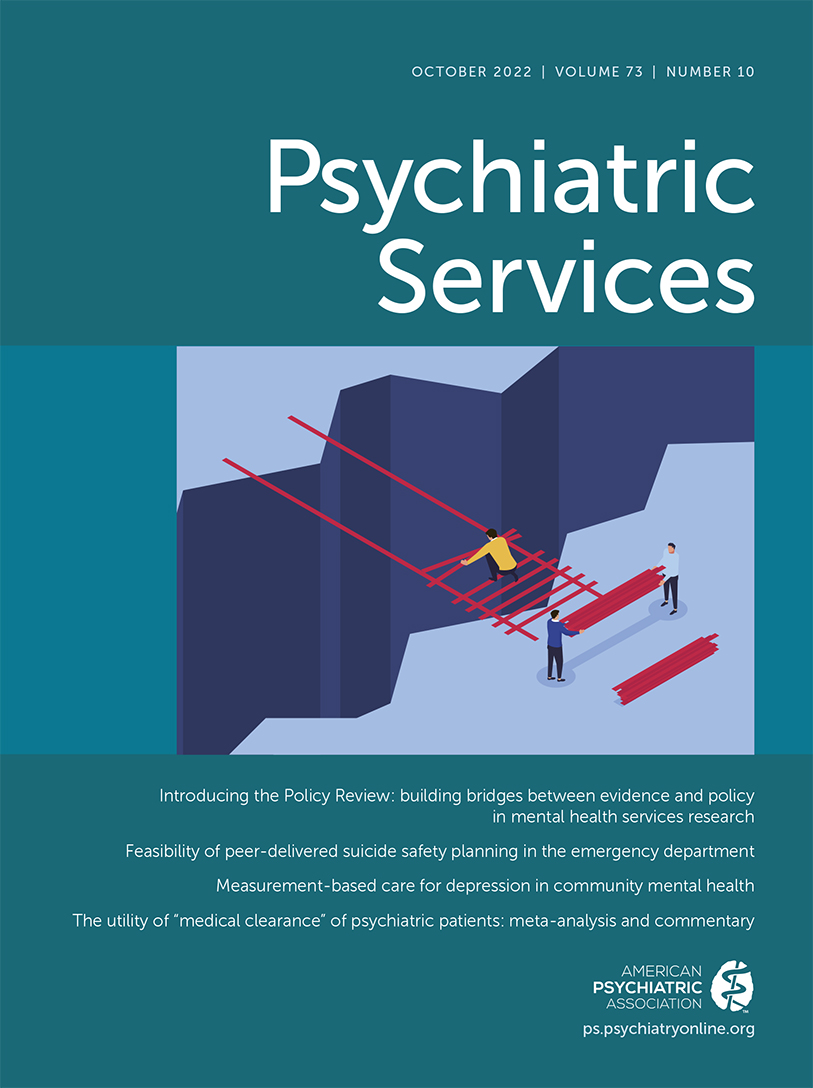Workplace Discrimination Against People With Mental Disorders and the ADA
Abstract
Although the Americans with Disabilities Act bars discrimination in the workplace on the basis of mental disability, the courts have not always been sympathetic to plaintiffs’ claims of discriminatory treatment. Judges often side with employers who claim that necessary accommodations would create undue hardship or are otherwise unreasonable or that plaintiffs are not qualified for the job. Although statutory or regulatory changes may be needed to protect workers’ rights, mental health professionals can be helpful to their patients who are requesting accommodations by carefully describing their functional limitations and how they can be accommodated.



